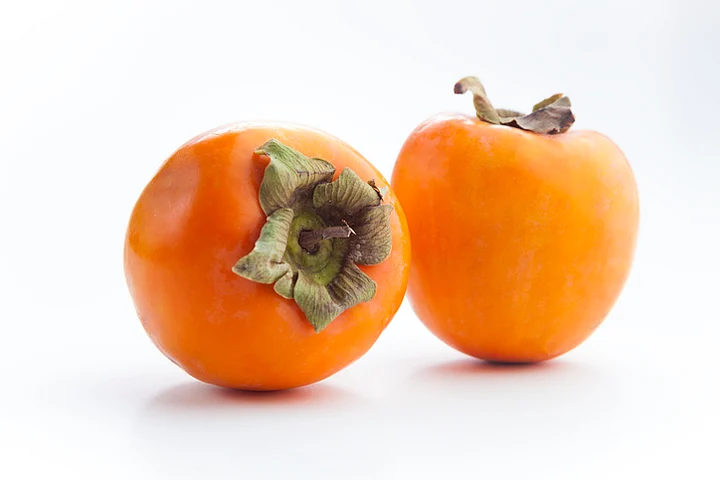Health Benefits of Persimmon: Persimmons, a fruit originally from China, have been cultivated for thousands of years for their sweet, honey-like flavor and attractive wood. Known for their orange hue, persimmons come in numerous varieties, with Hachiya and Fuyu being the most popular.
Hachiya persimmons, known for their heart shape, are astringent due to their high tannin content, resulting in a dry, bitter taste when unripe. Fuyu persimmons, on the other hand, are non-astringent and can be enjoyed even when crisp and not fully ripe.
While both varieties contain tannins, the difference lies in their edibility at various stages of ripeness. Hachiya persimmons require full ripeness before consumption, while Fuyu persimmons can be enjoyed at different stages.
Persimmons are versatile, and they can be eaten fresh, dried, or cooked. They are a popular ingredient in jellies, drinks, pies, curries, and puddings worldwide.
Beyond their taste, persimmons are packed with nutrients. Rich in antioxidants, fiber, and vitamin A, they offer several potential health benefits.
Technically a berry, persimmons are available in various shapes and sizes, ranging from the size of a half-dollar to a small grapefruit. Depending on the variety, their color palette spans from yellow to dark red-orange. The fruit is picked in late fall and sometimes stays on the tree into winter.
5 Health Benefits of Persimmon
Following are some of the impressive health benefits of persimmon.
1. Supports Heart Health: Consuming persimmons regularly can help reduce the risk of heart disease, a leading cause of death globally. You can help prevent most heart diseases by reducing risk factors, including an unhealthy diet. The fruit contains flavonoid antioxidants, such as quercetin and kaempferol, which have been linked to a lower risk of heart disease in studies.
2. Reduces Inflammation: Persimmons are also a potent source of vitamin C, providing 14 percent of the recommended daily intake in just one serving. This essential vitamin helps protect cells from damage caused by free radicals and combats inflammation throughout the body. Heart disease, arthritis, diabetes, cancer, and obesity are all linked to chronic inflammation. Selecting anti-inflammatory foods can reduce inflammation and disease risk.
3. Promotes Bone Health: Persimmons contain minerals like manganese and copper, which play a role in keeping bones strong and healthy. Manganese supports bone formation and density, while copper aids in bone repair.
4. Prevents Diabetes: The peel of persimmons contains flavonoids with antidiabetic and antioxidant properties. These compounds help protect against the formation of advanced glycation end products (AGEs), harmful compounds linked to the onset and long-term complications of diabetes.
5. Supports Eye Health: Persimmons are rich in vitamin A, providing over half of the recommended daily intake in a single serving, which is important for vision. This vitamin is crucial for maintaining good vision. Furthermore, the persimmon peel is rich in lutein, a compound known to help protect against eye disease.
(Disclaimer: Parts of this article were generated by AI and published after the content was editorially modified and verified by a human based on their own judgement and expertise. The Quint does not publish AI-generated content without direct human involvement and oversight).
(At The Quint, we question everything. Play an active role in shaping our journalism by becoming a member today.)
